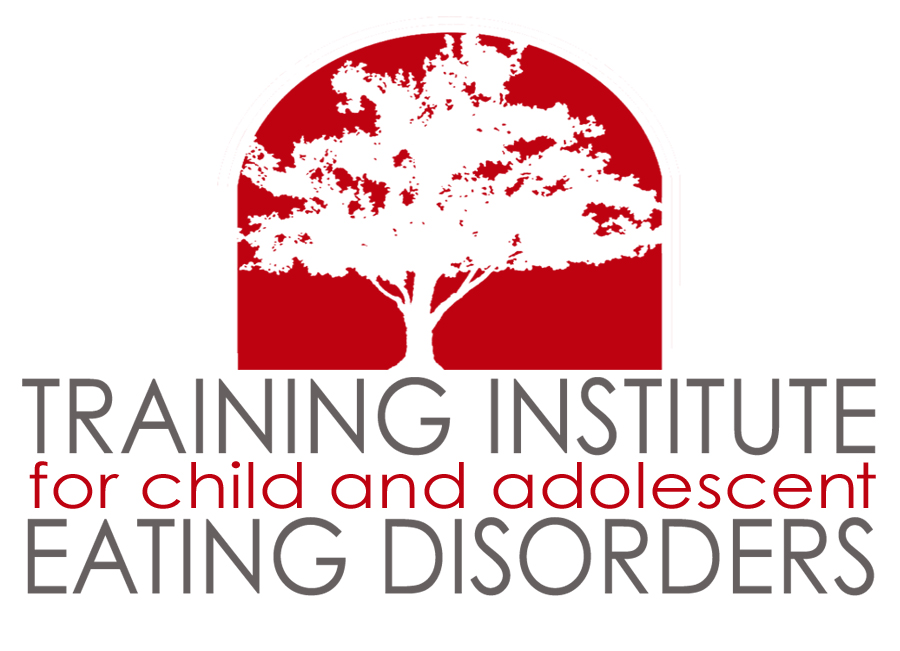At Resilience DBT & Eating Recovery, we focus on treating mental health disorders that contribute to eating disorders through the use of Dialectic Behavioral Therapy (DBT). One of the associated mental disorders that we focus on is Social Anxiety Disorder (SAD). In addition to treating children, teens, and adults, we also provide family therapy services. This page is dedicated to helping you understand the basics of Social Anxiety Disorder and how we can help you if you suffer from this disorder.
What is Social Anxiety Disorder?
Social settings and big events can be intimidating to most people. However, individuals who dread or avoid social settings and events due to the fear that they will be judged or scrutinized by others experience social anxiety disorder. The feelings of anxiety and fear people face with this disorder can be so intense that it feels uncontrollable. While in some situations they push through it, they experience a great deal of distress. There are some individuals who have anxiety related to social performances. Public speaking and competing are some examples.
Symptoms of Social Anxiety Disorder
Symptoms can be physical or psychological and can vary in severity. Below we will breakdown what to look for:
PHYSICAL
- Nausea
- Shaking/trembling
- Dizziness
- Lightheadedness
- Increased heart rate
- Sweating
- Blushing
- Speech inhibition
- Stomach issues
- Shortness of breath
PSYCHOLOGICAL:
- Excessive worrying about:
- Social situations
- Events
- Embarrassing yourself
- Being noticed that you are nervous or stressed
- Avoiding social activities
- Trying to go unnoticed if you have to attend an event/social setting
- Utilizing alcohol or drugs to help endure social situations
- Excessive anxiety
- Feelings of self-consciousness

Causes and Risk Factors
Social Anxiety Disorder can affect all ages and genders, and the causes will vary from person to person. It typically begins in late childhood and can be hard to spot. Avoidance of social gatherings and extreme shyness are not always perceived as signs that someone has SAD. Genetics also play a role by influencing the parts of the brain responsible for anxiety and fear. Individuals who have family members that struggle with anxiety disorders have a higher risk of inheriting an anxiety disorder themselves. In addition to genetics, environmental factors can influence social anxiety disorder. Living in an environment where the primary caregivers exemplify anxious characteristics in social settings can influence the child to mimic those behaviors.
Effects of Social Anxiety Disorder
The effects of SAD can make it difficult for the individual suffering to complete their day to day. Tasks that most people would see as easy become very challenging for them. If not treated, individuals can suffer for a span of years, or even a lifetime. Below are some examples:
Day to day events that can be affected:
- Having to ask a question
- Using public restrooms
- Engaging in extracurricular activities
- Going to work
Some long term effects can be:
- Difficulty maintaining current and new relationships
- Lower life satisfaction
- Loneliness
- Substance abuse
Treatment for Social Anxiety Disorder
Treatment options for social anxiety disorder are medication, psychotherapy, or a mixture of the two. Psychotherapy, better known as talk therapy, encompasses conversations between the clinician and the individual. They work on identifying the issue at hand and encourage altering negative behaviors and thoughts. Psychotherapy is typically the first line of defense. Depending on the severity of the disorder, clinicians will introduce medication to help. Another uncommon strategy people may use is support groups. It can be helpful to know that other people in the world share the same struggles.
MEDICATION
The most common medications used to combat symptoms of social anxiety disorder are selective serotonin reuptake inhibitors (SSRIs). SSRIs help increase the levels of serotonin in your brain, which helps send messages to your brain effectively. Beta-blockers can also be used to help mediate physical symptoms of social anxiety disorder. They have been found to be particularly helpful for people who struggle more with performance social anxiety. Administering medication can be a process, as clinicians strive to identify the proper dosage. It is not uncommon for patients to go through a trial of medication to find the best suit for them and their needs.
COGNITIVE BEHAVIORAL THERAPY (CBT)
CBT is a form of psychotherapy that has been proven to help combat most mental health disorders, especially those related to anxiety. It aims to help individuals modify their thinking patterns and behaviors. Exposure therapy is also a component of cognitive behavioral therapy and has been shown to help in cases such as social anxiety disorder. While there is a wide variety of approaches within CBT, it is important to find what works best for you when teaming up with a clinician.
How We Treat
Resilience DBT & Eating Recovery are a team of Outpatient Therapists in New Jersey, Florida, Maryland. If you or a loved one suffers from social anxiety disorder, we are here to help. Our team of dedicated specialists and clinicians strive to help anyone suffering come out on the other end with viable tools for long term success. Do not give up, a full recovery is within your grasp. The first step starts here!
How do I begin?
Our team is dually and expertly trained in the Treatment of Eating Disorders and DBT for Mental Health. Our Evidenced-Based approaches include FBT, CBT-E, DBT-ED, and Comprehensive DBT for co-occurring mental health conditions. Our outpatient practice has helped Children, Teens and Adults achieve full Eating Disorder Recovery and Mental Health Stability for over 25 years.
1
Schedule your 15 minute free phone consultation
This phone screening is highly confidential to help determine if coming to the Resilience practice is the best course for you or your loved one.
2
Complete an Expert and Comprehensive Intake
During your intake appointment we will gather more information to identify your stressors and needs. And work with you to develop your resilience treatment plan.
3
Get connected with Your Personalized Care Team
Meet with a practitioner to get started on your journey of healing and wellness you know you deserve.









